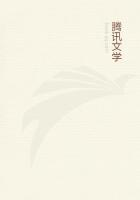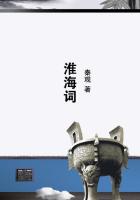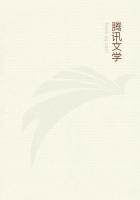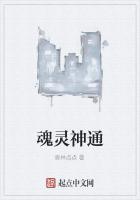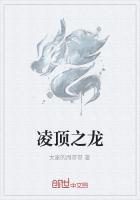SIR,I have sought in your Principles of Political Economy ,for something wherewith to confirm the opinion of the public,relative to machines,and generally relatively to expeditious processes,which,in the arts,shorten manual labor and multiply productions without increasing the expence of production.I should wish to find in them those fixed principles,that rigorous mode of reasoning which carries conviction with it,and to which your Essay on Population has accustomed the public.But this is not an Essay on Population.It appears to me,(for I am sometimes reduced to the necessity of making use of this form,after having read your demonstrations,)it appears to me that all the advantage you admit in machinery,and generally in expeditious means of production,is reduced to the fact of multiplying productions to such an extent,that even when their selling value is lessened the total amount still exceeds what it was before the improvement.(36)The advantage you point out is incontrovertible;and it has been already remarked,that the total value of cotton goods,as well as the total number of workmen employed in this branch,had singularly increased since the introduction of expeditious means.An analogous remark had been made relative to the printing press;this machine employed in the multiplication of books,a production which employs at this moment,without reckoning the authors,a much greater number of persons than when they were copied by hand,and which is worth a much larger sum than when books were dearer.
But this very decided advantage,is only one among the many which nations have reaped by the employment of machinery.It only relates to certain productions,the consumption of which was susceptible of sufficient extension to balance the diminution in their price,whilst there is an advantage in the introduction of machines common to all economical and expeditious processes in general;an advantage which would be felt even when the consumption of the production should be no longer capable of any extension;an advantage which ought to be highly valued in the principles of Political Economy.
Have the goodness to excuse me,if,in order to make myself understood,I am obliged to revert to a few elementary ideas.
Machines and tools are both productions,which immediately after their production rank in the class of capital,and are employed in the perfection of other productions.The only difference there is between machines and tools,is that the former are complex tools,and the latter simple machines.As there are no machines or tools existing which engender force we must still consider them as the means of transmitting an action,an active force of which we dispose,towards an object which is to be modified by it.Thus a hammer is a tool by means whereof we employ the muscular strength of a man in flattening,in certain cases a leaf of gold;and the mill hammers of a large forge are also tools by means whereof we employ a fall of water in flattening iron bars.
The employ of a voluntary force,with which Nature has gifted us,does not deprive it of its nature of a tool.The weight increased by velocity,which constitutes the power of a gold beater's hammer,is not less a natural physical power than the weight of the water which falls from a mountain.
What is our industry altogether,but the employ,more or less understood,of the laws of Nature.It is by obeying Nature ,says Bacon,that we learn to command it.What difference do you see between knitting needles and a stocking frame,except that the latter is a more complicated and a more powerful tool than the needles;but for the rest,employing with greater or less advantage the properties of the metal,and the power of the lever to manufacture the articles with which we cover our legs and feet.
The question then resolves itself to this:it is an advantage to man to take in his hand a more powerful tool,capable of doing much more work,or of doing it better,rather than a still larger but imperfect tool,with which he works slower with more difficulty and not so well.
I think I should offer an insult to your good sense and to that of our readers,if I doubted the answer a moment.
The perfection of our tools,Sir,is connected with the perfection of our species.It is that which makes the difference which is observable between us and the savages of the South Seas,who have axes of flint,and sewing needles made of fish bones.
It is no longer admissible,for any one who writes upon Political Economy to endeavor to circumscribe the introduction of the means which chance or genius may put into our hands,with a view of preserving more work for our laborers;such a one would expose himself to have all his own arguments made use of to prove to him that we ought,(retrograding instead of advancing in the career of civilisation,)successively to renounce all the discoveries we have already made,and to render our arts more imperfect in order to multiply our labor by diminishing our enjoyments.
No doubt there are inconviences in the transit from one order of things to another,even from an imperfect to a better order.What person in his senses would all at once take off the shackles which obstruct industry,and remove the Custom Houses which separate nations,prejudicial as they are to their prosperity?In these eases the duty of well informed persons does not consist in producing motives for keeping back and proscribing every kind of change,under pretence of the inconviences they carry with them;but in appreciating these inconviences,in pointing out the practicable means of preventing or diminishing them as much as possible,for the purpose of facilitating the adoption of a desirable amendment.
The inconvience in this ease is a removal of income,which when it is sudden,is more or less injurious to the class whose income it diminishes.

